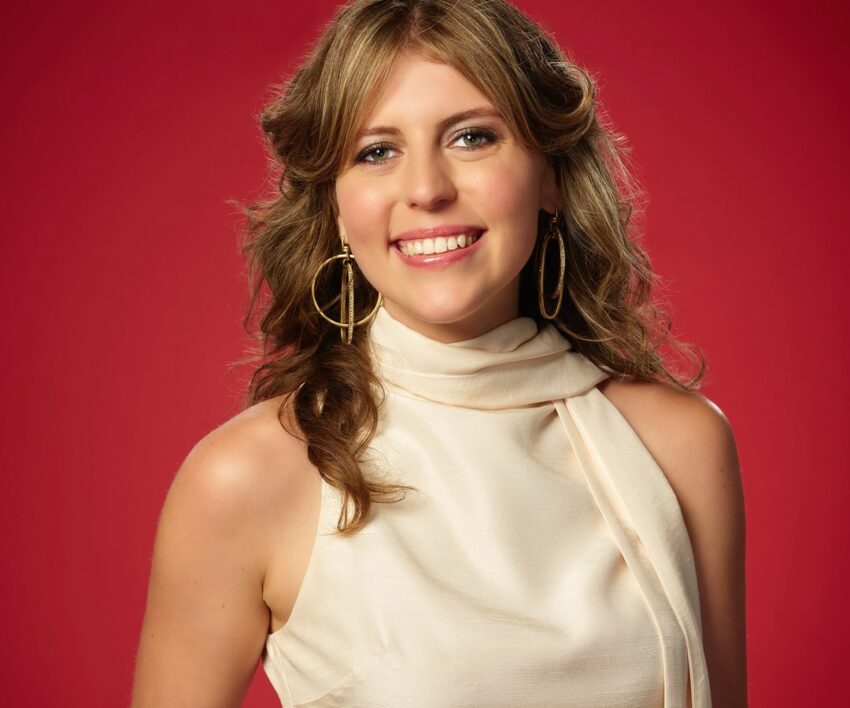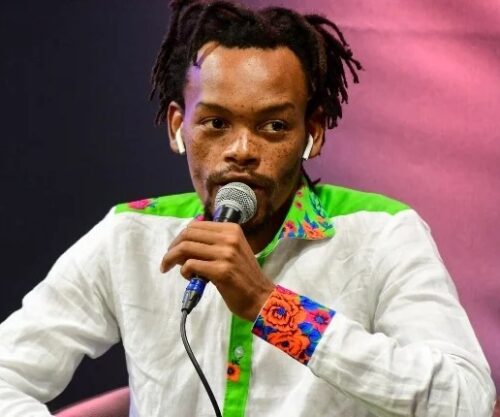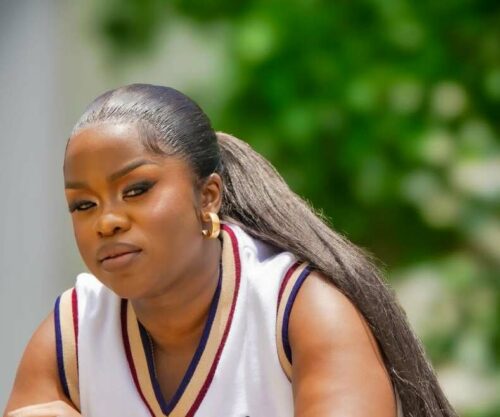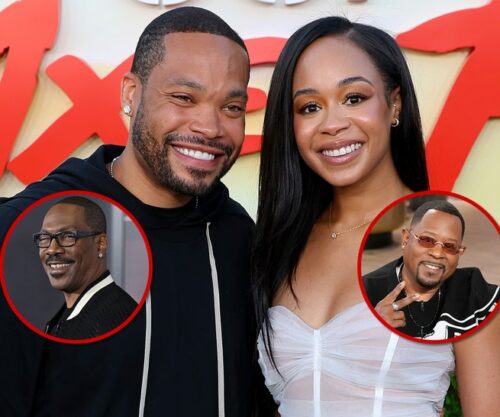
It was one of those moments that made you lean into your screen. Johannesburg-born singer Camille Tredoux took to the stage in a blind audition on The Voice, rendering a powerful version of Behind Blue Eyes. In that moment, the coaches faced a dilemma: two of them turned around and started fighting over who she should coach.
What followed was part TV drama, part national pride, and all heart.
The Audition That Silenced the Room
At just 26, Camille stepped into the blind audition with nothing but her voice as armour. Performing Behind Blue Eyes by The Who, she moved through highs and lows, her tone commanding attention. When the music quieted, two coaches, former One Direction member Niall Horan and country icon Reba McEntire, hit their buzzers. The others, Michael Bublé and Snoop Dogg, did not. Still, they watched, impressed but silent.
When the dust settled, Camille had a choice between Team Niall and Team Reba. The coaches lobbied hard. Niall recalled his past ties to South Africa, and Reba brought seasoned mentorship. In the end, Camille chose Team Niall, a decision that thrilled many back home.
Mzansi’s Cheers and Online Echoes
As the clip circulated on social media, South Africans flooded comment threads with pride and joy. Many celebrated Camille’s roots, noting she’d lived in America since age 13, which they said explained her accent.
One comment read, “She is amazing … makes me proud to be South African.” Another pleaded, “Tell Niall to come back here, please.” Others chuckled at how two global artists were suddenly battling over a local talent. In reply, Camille thanked supporters and clarified her background, writing, “I am South African, but I’ve also lived in America since I was 13.”
The Deeper Layer: Identity, Representation, Global Visibility
Camille’s moment highlights more than just a great audition. It underscores how a South African artist abroad still carries the weight of representation. When your home is mentioned halfway around the world, it reminds audiences that talent knows no borders.
There’s also an interesting tension: she’s South African by birth but partly shaped overseas. Her accent and her delivery: these elements bridge continents. For many in Mzansi, this balance feels familiar.
Meanwhile, The Voice itself has a long-format tradition of coach competition. In blind auditions, coaches listen without seeing the singer. If more than one coach pushes their button, the contestant must pick which team to join. It’s a setup made for moments like this.
@nbcthevoice #TheWho’s #BehindBlueEyes is reimagined with heart and soul by @camilletredoux . #TheVoice | @NBC and Peacock #VoiceBlinds ♬ original sound – NBC’s The Voice
What This Means for South African Music on the World Stage
If nothing else, Camille’s audition reminds us that South Africans still crave global platforms. Each time a local artist steps into an international spotlight, there’s a ripple of pride across provinces and townships alike.
And when two big names fight over you? That’s validation. It sends the message that talent from Mzansi is no longer quietly hoping to be seen; it’s being sought after.
For Camille, the journey has just begun. For South Africans watching, it’s a moment to say:
Yes, our voices travel. Yes, we belong.
Yes, we can fight for our own place on global stages.
Source: Briefly News
Featured Image: Instagram/@camilletredoux




